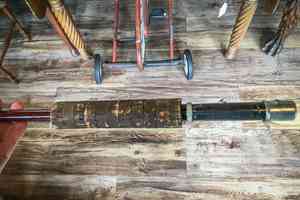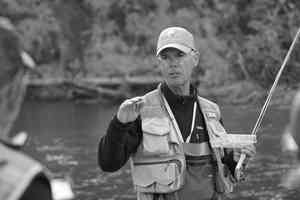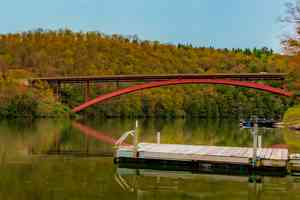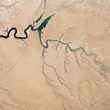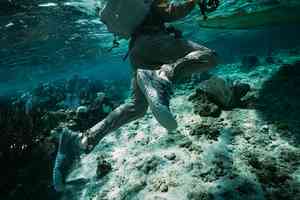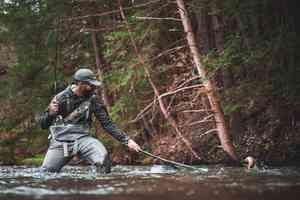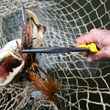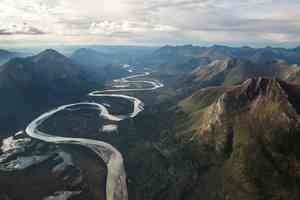I hate waders. Hate. I'm using the word hate, here. About waders. As soon as I'm physically able to tolerate still-frigid spring water and air temps, I'm wet wading. I usually make this jump too soon and end up regretting it, subsequently going back to the waders for another week or two before I can really stow them until autumn rolls around. I mean, why not hate waders? They're bulky, uncomfortable, a drag to take put on and take off and just generally inconvenient.
Admittedly, I've never had any of the true high-end waders, but that's simply because i find the idea of paying $750 for a nylon bag with legs objectionable. That said, I've been through many pairs of waders ranging in price from $125 to $400. Never really liked one of 'em. Lousy fit, tiny pockets, no pockets, poor durability, leaked like a sieve, you name it.
